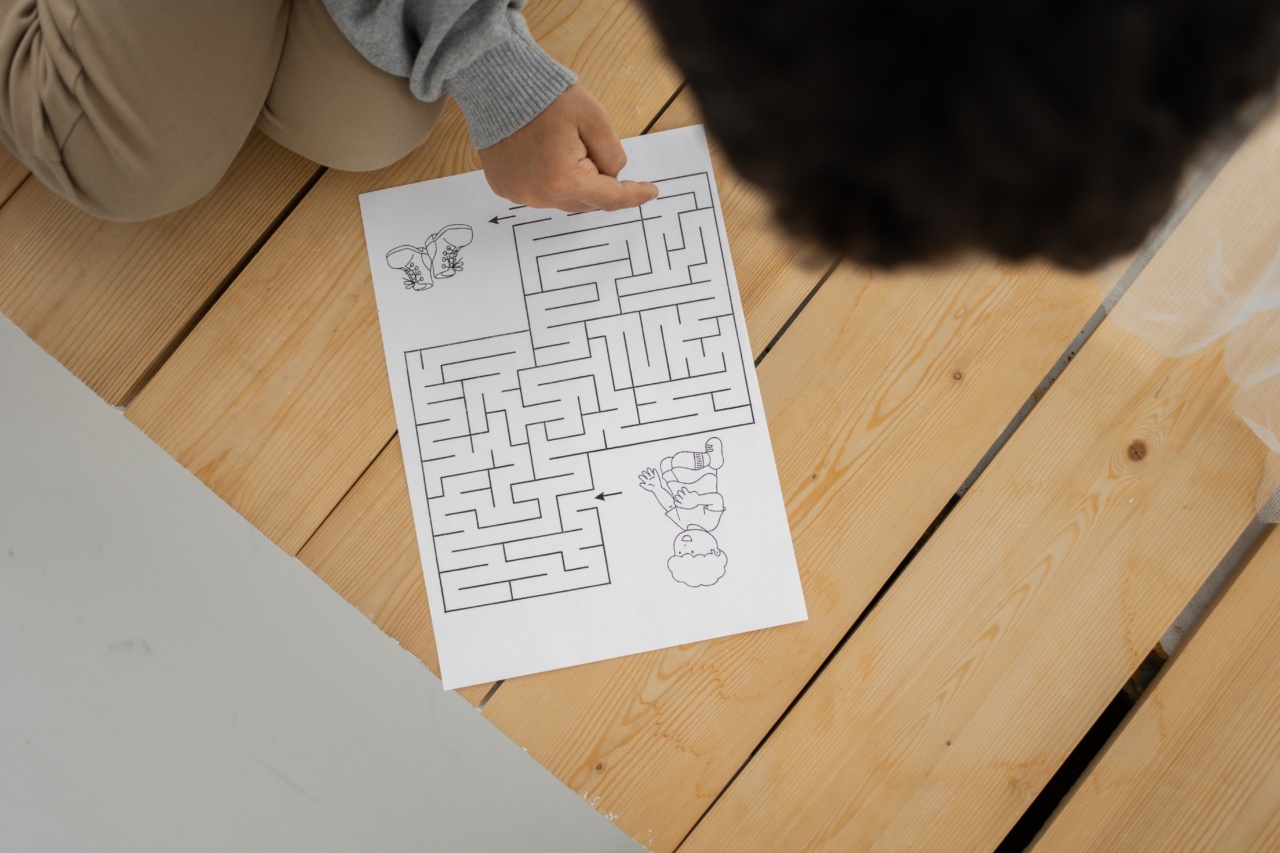Trauma is a deeply distressing or disturbing experience that overwhelms an individual’s ability to cope. It can result from a single event or a series of events that cause physical or emotional harm.
While trauma can impact individuals of all ages, it has a particularly profound impact on brain development, especially when experienced during early childhood.
The Developing Brain
The brain is a complex organ that undergoes significant development throughout a person’s life. However, the most critical period of brain development occurs during the early years, from birth to around age 5.
This period is characterized by rapid growth, neuronal connections, and the establishment of fundamental cognitive, emotional, and social skills.
Impact of Trauma on Early Brain Development
When a child experiences trauma, it disrupts the normal developmental processes and can lead to long-lasting consequences.
Trauma activates the brain’s stress response system, flooding it with stress hormones, such as cortisol, which can interfere with healthy brain development. The areas of the brain responsible for emotional regulation, learning, memory, and executive functioning are particularly vulnerable to the adverse effects of trauma.
Adverse Childhood Experiences (ACEs)
Adverse Childhood Experiences (ACEs) refer to various forms of abuse, neglect, or household dysfunction that a child may experience before the age of 18.
ACEs, such as physical or emotional abuse, sexual abuse, parental substance abuse, or domestic violence, can have a profound impact on brain development. Children who experience multiple ACEs are at a higher risk of developing physical and mental health issues later in life.
Effects of Trauma on Brain Structure
Trauma can alter the structure of the brain, particularly the hippocampus, amygdala, and prefrontal cortex.
The hippocampus, responsible for memory and learning, can shrink in size under chronic stress, affecting an individual’s ability to form new memories. The amygdala, involved in fear and emotional responses, can become hyperactive, leading to heightened anxiety and emotional reactivity.
The prefrontal cortex, responsible for decision-making and impulse control, may also be negatively affected, leading to difficulties in regulating emotions and making sound judgments.
Disrupted Neurodevelopmental Processes
Trauma can disrupt neurodevelopmental processes, including the formation of synapses, pruning of unnecessary connections, and myelination. These processes are critical for the efficient functioning of the brain.
When disrupted, they can affect various cognitive functions, such as attention, concentration, and problem-solving abilities. Trauma can also impair the development of social skills, leading to difficulties in forming healthy relationships and maintaining social interactions.
Long-Term Consequences of Trauma
The impact of trauma on brain development can have long-term consequences.
Individuals who have experienced trauma in early childhood may be at a higher risk of developing mental health disorders, such as post-traumatic stress disorder (PTSD), depression, anxiety, and substance abuse. They may also exhibit difficulties in academic achievement, impulse control, emotional regulation, and have an increased vulnerability to future stressors.
Resilience and Healing
While trauma can have a lifelong impact, it is essential to note that individuals can build resilience and experience healing.
Supportive relationships, access to mental health services, and various therapeutic interventions, such as trauma-focused cognitive-behavioral therapy, can aid in the recovery process. The brain also possesses neuroplasticity, allowing it to rewire and reorganize itself in response to positive experiences and interventions.
Creating Trauma-Informed Environments
Given the significant impact trauma can have on brain development, it is crucial to create trauma-informed environments, particularly in educational and healthcare settings.
Trauma-informed approaches involve understanding the prevalence and effects of trauma, promoting safety and trust, providing choice and empowerment, emphasizing collaboration, and being sensitive to individual needs and experiences. By adopting trauma-informed practices, we can better support individuals who have experienced trauma and facilitate their healing and resilience.
Conclusion
Trauma can have a lifelong impact on brain development, particularly during the critical period of early childhood.
The effects of trauma on the brain can disrupt normal developmental processes, alter brain structure, and lead to various cognitive, emotional, and social difficulties. However, with proper support, therapeutic interventions, and trauma-informed approaches, individuals can build resilience and experience healing.
It is essential to prioritize understanding and addressing the effects of trauma to ensure the well-being and development of individuals who have experienced trauma.






























